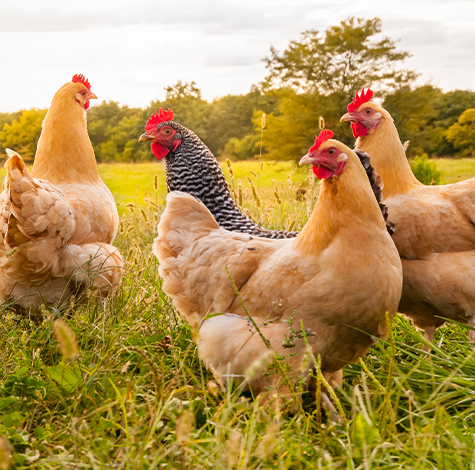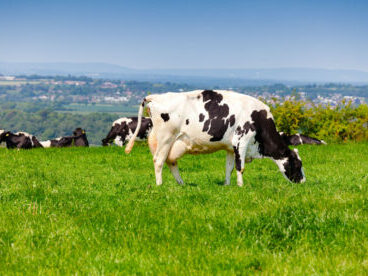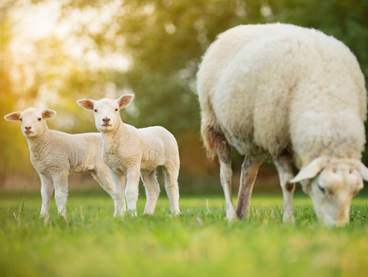we don’t need a heat wave before heat stress will start to compromise cow performance.
Be prepared for heat stress
With the cold, wet spring fresh in the memory, it may seem optimistic to talk about long periods of hot weather, but as Mark Townsend from UFAC UK explains, we don’t need a heat wave before heat stress will start to compromise cow performance.
On a really hot summer’s day you would probably feel less energetic and less inclined to eat as much as usual. Well, cows are just the same. Cows begin to suffer symptoms of heat stress as soon as temperatures rise above 15°C (60°F), which means that virtually every day of the grazing season they will be affected. High humidity makes the effects of heat stress worse.
As soon as they start to suffer from heat stress there is a cascade effect which leads to reduced milk yields, lower milk fat content and a risk of poorer fertility. The first thing is that they become less active and have increased respiration rates, often over 60 breaths per minute. How often do we see cows sheltering under trees and hedges trying to keep cool?
Because they are less active they will drink less and also eat less.
The combination of depressed dry matter intakes, often by 10%, reduced energy intakes and suppressed water intakes will lead to lower yields. So it is important to do what you can to reduce the effect of heat and humidity.
Ensuring an adequate supply of clean water is crucial but we can also fine- tune the diet and one simple action is to change the energy sources.
The rumen is a huge internal generator of heat as forages and cereals are fermented and heat is an unavoidable consequence of this. This heat released due to rumen digestion can contribute significantly to the overall negative effects of heat on cows.
On the other hand, highly digestible rumen inert fats with a balanced fatty acid profile, are digested in the small intestines with no heat being produced in this process. In addition, highly digestible fats have at least twice the energy content of cereals meaning they can boost the energy content of the overall diet. Rumen inert fats also help reduce the risk of SARA and acidosis so helping maintain effective rumen function.
Replacing cereals with rumen inert fats like Omega Cream can reduce the heat of digestion and so reduce the heat load on cows. By increasing the energy density of the diet they can lessen the impact of any reduction in dry matter intakes and lower the overall consequences of heat stress. In addition the balanced combination of C16:0 (Palmitic acid) and C18:1 (Oleic acid) improves NDF digestibility, meaning cows can make better use of the feed they actually eat.


 Back to News
Back to News 



